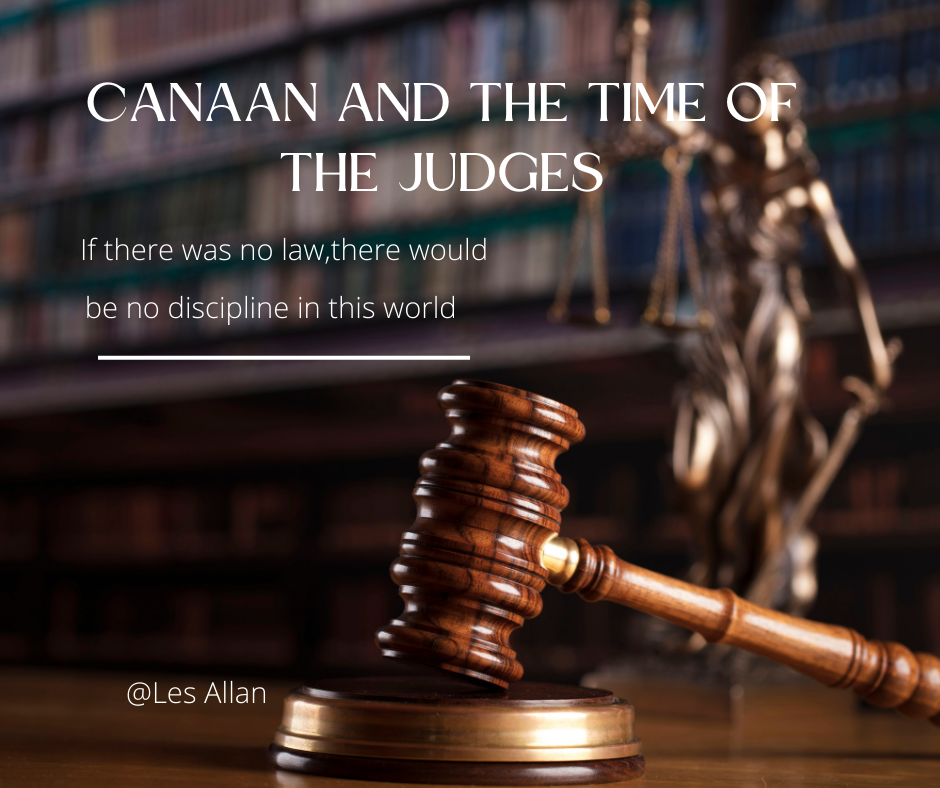By Lesallan – July 14, 2023

Ancient Near East Culture – The Settlement in Canaan and the Time of the Judges
Professor Godbold assigned chapter nine of the Rasmussen textbook to this student. The chapter covers the “Settlement in Canaan and the Time of the Judges” (Rasmussen, 2013, pp. 53-63). Our class goal is to define major periods in the Old Testament and describe unique aspects of each period and the culture.
The settlement in Canaan was a crucial period in the history of Israel, as it marked the transition from a nomadic people to a nation occupying a land. However, the biblical accounts of this process are not uniform or consistent. The books of Joshua and Judges present different perspectives on how the Israelites conquered and settled in Canaan, and what challenges they faced during this time.
According to the book of Joshua, the conquest of Canaan was a swift and decisive military campaign led by Joshua, the successor of Moses. Under his command, the Israelites crossed the Jordan River, captured Jericho and Ai, allied with the Gibeonites, defeated a coalition of Canaanite kings in the south and the north, and divided the land among the twelve tribes. The book of Joshua portrays the conquest as a fulfillment of God’s promise to Abraham and his descendants and as a demonstration of God’s power and faithfulness. The book also emphasizes the importance of obedience to God’s law and covenant, as exemplified by Joshua’s farewell speech (Joshua 24, KJV).
However, the book of Judges paints a different picture of the settlement in Canaan. It begins with a summary that contradicts some of the details in Joshua, such as the fate of some Canaanite cities and the extent of Israelite control over the land (Judges 1, KJV). It then describes a cycle of apostasy, oppression, deliverance, and peace that characterized the period of the judges. The judges were charismatic leaders who arose in times of crisis to deliver their people from their enemies but who did not establish a lasting political or religious order. The book of Judges depicts the settlement as a gradual and incomplete process, in which the Israelites failed to drive out all the Canaanites and were influenced by their idolatrous practices (Judges 2:1-5, KJV). The book also highlights the moral and social decay that resulted from the lack of central authority and unity among the tribes (Judges 17-21, KJV).
The discrepancy between Joshua and Judges can be explained by their different sources, purposes, and perspectives. Joshua is based on older traditions that reflect a more idealized view of the conquest and settlement, while Judges incorporates more realistic and critical accounts that reflect a later historical situation. Joshua aims to affirm God’s sovereignty and covenant with Israel, while Judges aims to expose Israel’s sinfulness and need for repentance. Joshua presents a more nationalistic and optimistic outlook, while Judges presents a more tribalistic and pessimistic outlook.
Despite their differences, both books contain valuable insights into the settlement in Canaan and its significance for Israel’s identity and destiny. They show how God was involved in Israel’s history, how Israel responded to God’s call and commands, how Israel interacted with its neighbors, and how Israel faced various challenges and opportunities in its new land.
References:
King James Bible Online. (2018). OFFICIAL KING JAMES BIBLE ONLINE: AUTHORIZED KING JAMES VERSION (KJV). Kingjamesbibleonline.org. https://www.kingjamesbibleonline.org/
Rasmussen, C. G. (2013). Zondervan Essential Atlas of the Bible. Zondervan.
Richter, S. L. (2008). The epic of Eden: a Christian entry into the Old Testament. Ivp Academic.

